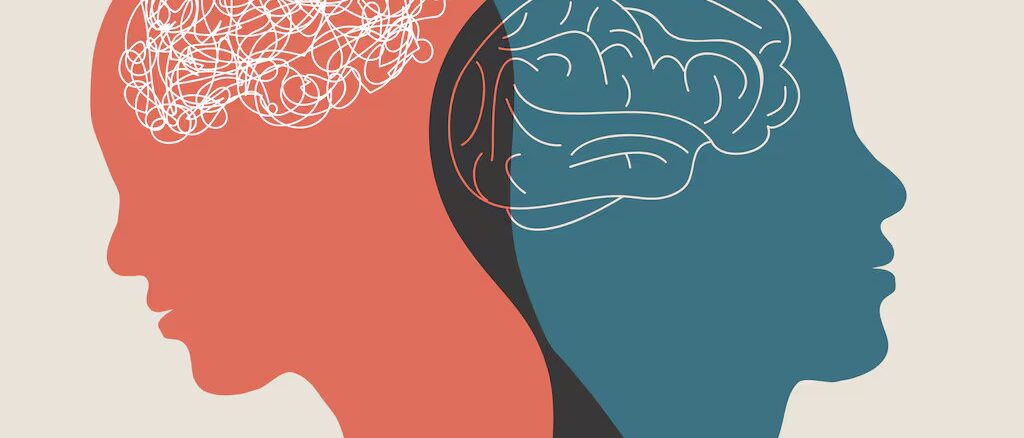Holistic therapies, such as yoga, meditation, and nutrition, have become increasingly popular as complementary approaches to traditional mental health treatments. When combined with therapies like Cognitive Behavioral Therapy (CBT) or medication, holistic practices can enhance overall mental well-being. This post explores the benefits of integrating holistic therapies into mental health treatment plans.
What Are Holistic Therapies?
Holistic therapies focus on the connection between mind, body, and spirit. Some common holistic practices include:
- Yoga and Meditation: These practices promote mindfulness, stress relief, and emotional balance.
- Nutrition and Diet: A healthy diet can have a positive impact on mental health, with certain foods improving mood and cognitive function.
- Art and Music Therapy: Creative expression through art and music can help individuals process emotions and reduce anxiety.
- Acupuncture and Massage Therapy: These therapies can reduce physical symptoms of stress and promote relaxation.
How Holistic Therapies Complement Traditional Treatments
While traditional mental health treatments, such as therapy and medication, are essential for many individuals, holistic therapies can provide additional benefits. Here’s how they work together:
- Reducing Stress and Anxiety: Practices like yoga and meditation can complement therapy by providing individuals with tools to manage stress and anxiety in their daily lives.
- Improving Emotional Regulation: Holistic therapies encourage self-awareness and mindfulness, helping individuals regulate their emotions more effectively.
- Enhancing Overall Well-Being: By addressing the physical, emotional, and spiritual aspects of well-being, holistic therapies promote a more comprehensive approach to mental health.
Examples of Holistic Therapies in Action
Many individuals have experienced the benefits of combining holistic therapies with traditional treatments. For example, a person undergoing treatment for anxiety may find that adding yoga to their routine helps them manage their symptoms more effectively. Another individual recovering from depression may use art therapy to process their emotions in a non-verbal way.
Holistic Wellness in Mental Health Centers
Many mental health centers now offer holistic therapies as part of their treatment plans. These centers recognize that mental health is multifaceted and that a comprehensive approach can lead to better outcomes. Whether it’s through meditation sessions, nutritional counseling, or creative therapy, holistic wellness is becoming an integral part of mental health care.
Conclusion:
Holistic therapies offer valuable tools for enhancing mental health treatment plans. By integrating practices like yoga, meditation, and nutrition with traditional therapies, individuals can experience improved emotional well-being and greater overall health.

